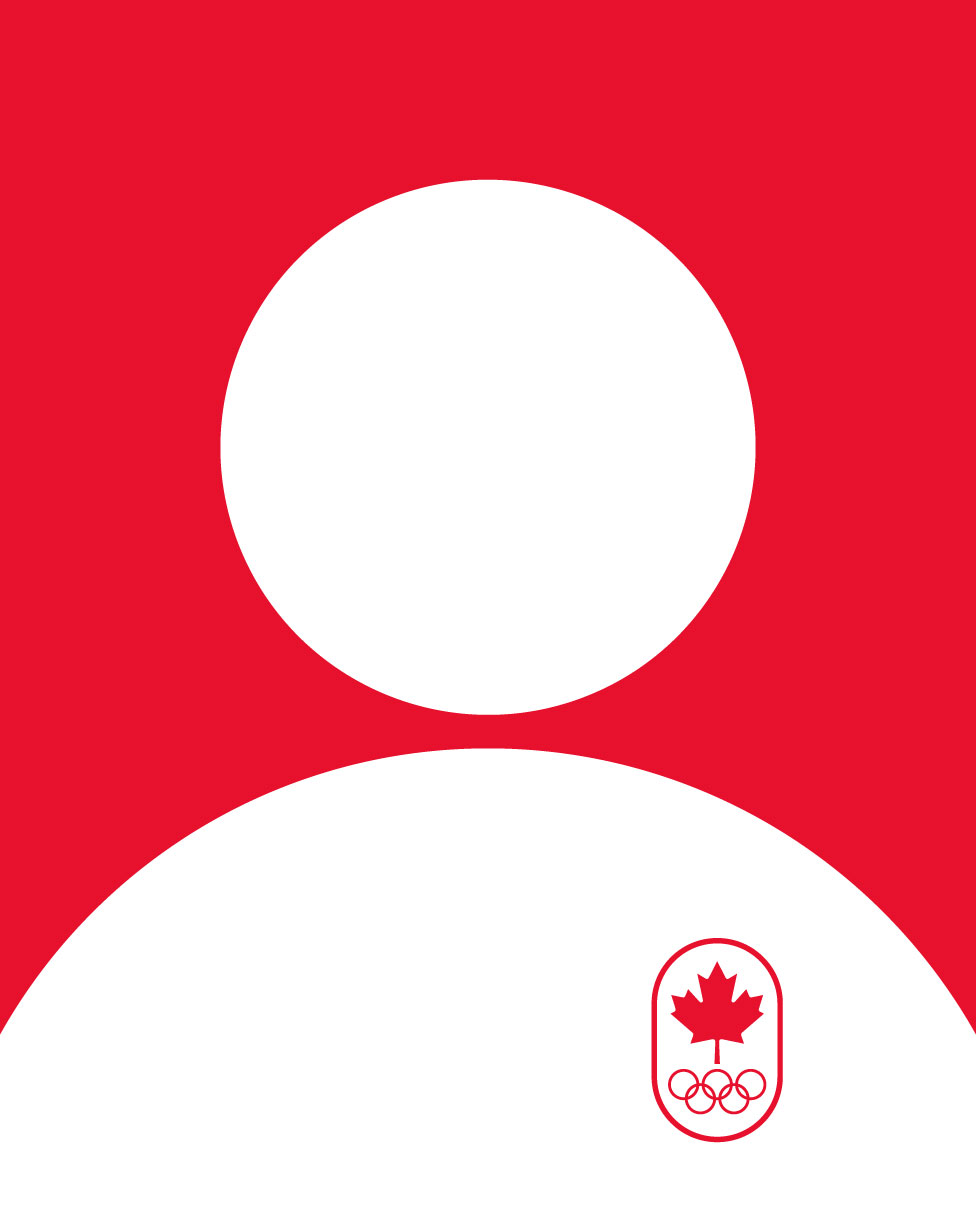Montreal Impact makes Canadian club football history
This story was updated at the conclusion of the Alajuelense-Montreal match on Tuesday.
Although it wasn’t pretty, Montreal Impact held on to beat LD Alajuelense of Costa Rica on aggregate Tuesday night, becoming the first Canadian soccer club to reach the final of the CONCACAF Champions League.
Goals from Jack McInerney in the first half and Andres Romero in the second gave Montreal what it needed – two valuable away goals – and despite losing Tuesday’s match 4-2, the Impact advanced to the final by winning the tiebreak.
Montreal held a 2-0 first leg lead over the home team going in to Tuesday’s tie, having won the first semifinal encounter in Montreal on March 18 at Olympic Stadium. The 4-2 loss meant an aggregate 4-4 draw, but away goals being the tiebreaker, Montreal did enough to advance.

Montreal’s Argentine goalscorer Ignacio Piatti has been a major source of inspiration in the 2014-15 CCL knockout stages.
Alajuelense scored two goals in the second half after going down 1-0 in the first. However, their comeback was short-lived when Romero, taking a pass from Canadian veteran Patrice Bernier, patiently buried one to the back of the net to level the match at 2-2. Alajuelense got a third goal soon thereafter and a fourth in stoppage time, but needed to score one more to win on aggregate, which Montreal didn’t allow.
RELATED: Montreal halfway to CCL final
Montreal simply needed a 1-0 loss or better in Costa Rica thanks to their first leg edge. Now having advanced, the Impact will play for the regional Champions League title, which if they were to win – along with a trophy and the title of the region’s best football club – it would mean an invitation to take part in the FIFA Club World Cup, where the best teams from around the world compete to be crowned the top team on the planet.
Spain’s Real Madrid is the current holder of the Club World Cup trophy. They dropped last year’s CONCACAF champion Cruz Azul of Mexico 4-0 in the semifinals of that competition on way to the world title.

Real Madrid players hold up the FIFA Club World Cup trophy. Real Madrid beat the CONCACAF champion, Cruz Azul, on way to lifting the 2014 title.
Toronto FC had also reached the semifinals of the Champions League in the 2011-12 season, then a Canadian first, but no football club from the maple leaf nation had ever made the final until Tuesday.
One of Canada’s three Major League Soccer clubs, Montreal won the right to play in the tournament by winning the 2014 Voyageurs Cup, contested between Canada’s top professional football teams.
CONCACAF is the region in which Canadian teams play their national and club football, encompassing North and Central Americas and the Caribbean. The local Champions League is a competition between the national winner from each nation.
Montreal’s final opponent will be either another Costa Rican side Herediano or Mexico’s Club America. The final will also be a two-leg affair on April 22 and 29. Herediano holds a 3-0 edge after the first leg over America, they’ll decide the second leg on Wednesday in Mexico City’s intimidating Estadio Azteca.
Montreal will likely play its home leg of the final at the Olympic Stadium on April 29.









